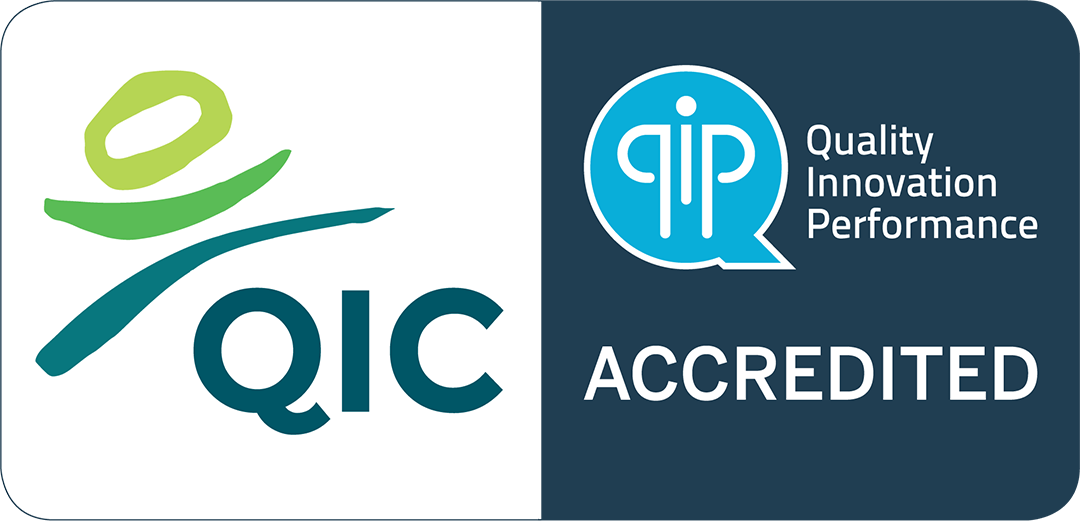The increasing demand for pharmacotherapy
One particular element of Windana TC residential rehabilitation treatment is the slow stream pharmacotherapy program. This specialist and increasingly vital service delivers support to those clients managing a planned reduction in their medication. The program is overseen by a registered nurse who works with four residents at any given time. These beds are currently experiencing a wait time of approximately one year, double the wait time for our broader residential rehabilitation service.
The Windana TC pharmacotherapy program began as a reduction program in 2013 however it restricted many of the pharmacotherapy referrals. To manage this, the program was modified to accept maintenance and pain management treatment referrals. This allows clients an opportunity to enter residential rehabilitation who were previously ineligible. In 2017 there were 23 pharmacotherapy episodes, the episodes are a combination of different treatment types. Of the 23 episodes, 14 were for reduction, seven were for maintenance and two for pain management.
Various reforms coupled with broader statistical trends suggest that demand for this service will only increase, with both the rescheduling of codeine and the pending implementation of Victoria’s real time prescription monitoring system, Safescript. These reforms to address opioid misuse are necessary to minimise dependency however they will contribute to an even greater demand on the state’s pharmacotherapy system and the finite number of pharmacotherapy beds currently being operated across the state. This is compounded by the fact that only half of those requiring pharmacotherapy are currently engaged in the program.
Windana is monitoring all of the reforms and working with government and policy makers through this highly complex and important area of AOD dependency. We see this service type as key to responding to the concerns and needs of the community. Most importantly, an increase in funding for more pharmacotherapy beds will create the supportive environment for clients in need of this treatment to manage their opioid dependency.
The increasing demand for pharmacotherapy
One particular element of Windana TC residential rehabilitation treatment is the slow stream pharmacotherapy program. This specialist and increasingly vital service delivers support to those clients managing a planned reduction in their medication. The program is overseen by a registered nurse who works with four residents at any given time. These beds are currently experiencing a wait time of approximately one year, double the wait time for our broader residential rehabilitation service.
The Windana TC pharmacotherapy program began as a reduction program in 2013 however it restricted many of the pharmacotherapy referrals. To manage this, the program was modified to accept maintenance and pain management treatment referrals. This allows clients an opportunity to enter residential rehabilitation who were previously ineligible. In 2017 there were 23 pharmacotherapy episodes, the episodes are a combination of different treatment types. Of the 23 episodes, 14 were for reduction, seven were for maintenance and two for pain management.
Various reforms coupled with broader statistical trends suggest that demand for this service will only increase, with both the rescheduling of codeine and the pending implementation of Victoria’s real time prescription monitoring system, Safescript. These reforms to address opioid misuse are necessary to minimise dependency however they will contribute to an even greater demand on the state’s pharmacotherapy system and the finite number of pharmacotherapy beds currently being operated across the state. This is compounded by the fact that only half of those requiring pharmacotherapy are currently engaged in the program.
Windana is monitoring all of the reforms and working with government and policy makers through this highly complex and important area of AOD dependency. We see this service type as key to responding to the concerns and needs of the community. Most importantly, an increase in funding for more pharmacotherapy beds will create the supportive environment for clients in need of this treatment to manage their opioid dependency.






